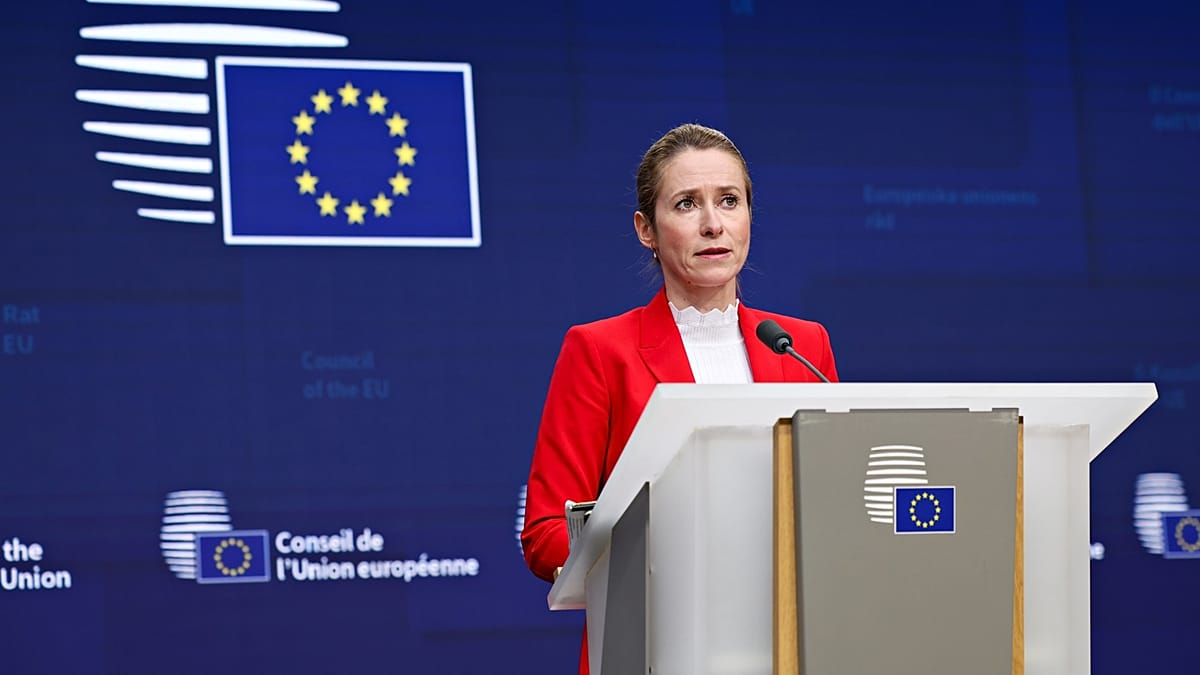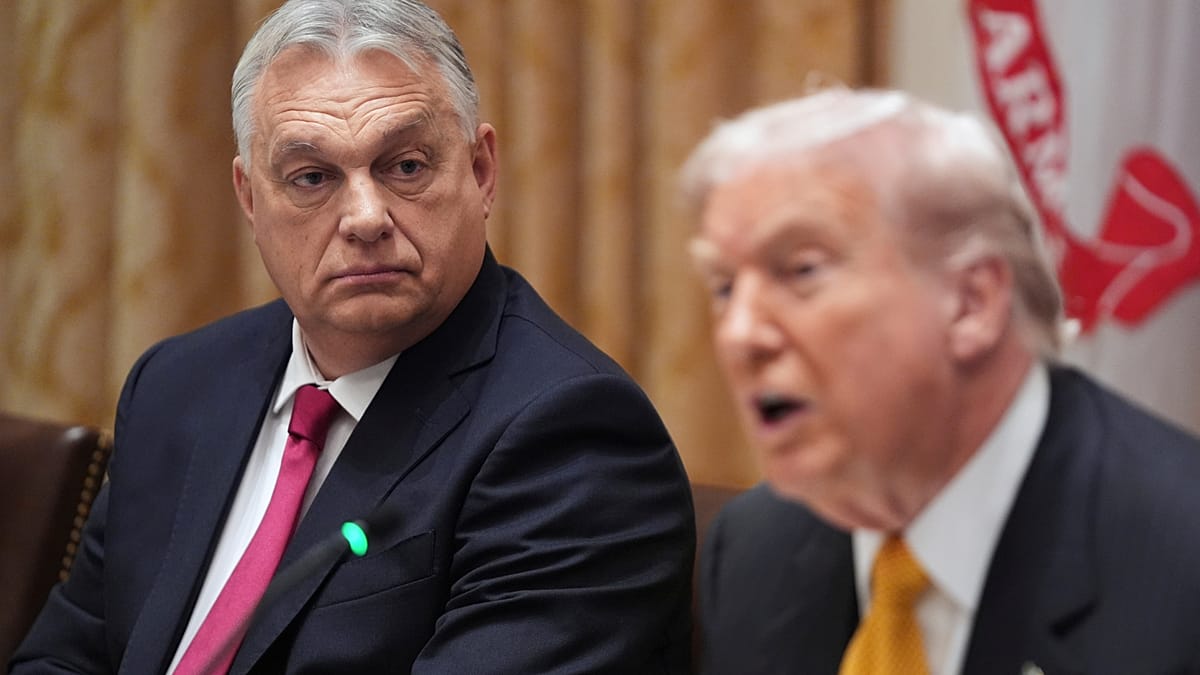
The Government has announced changes to initial teacher education and the governance of the Teaching Council over what it says are serious concerns about the preparedness of new teachers and the effectiveness of current oversight.
Education Minister Erica Stanford said the changes were aimed at lifting the quality of teacher training and restoring confidence in the system.
“We are firmly committed to backing teachers to succeed in the classroom. Multiple reports show initial teacher education is not doing that. It’s letting teachers and students down.”
Stanford pointed to findings from the OECD’s Teaching and Learning International Survey (TALIS) 2024, which showed that 62% of New Zealand graduate teachers were not confident teaching the content of all subjects they teach and 54% lacked confidence in how to teach those subjects.
However, the OECD report flagged confidence in the New Zealand results due to low participation rates, with only 43.5% of primary teachers and 31.5% of lower secondary teachers responding to the survey.
The OECD excluded New Zealand from international average and advised interpreting the figures “with caution”.
Last year, the Education Review Office found nearly two-thirds of principals believed new teachers were unprepared.
The morning’s headlines in 90 seconds, including a stabbing attack in the UK is not a terror incident, Silver Ferns coach Dame Noeline Taurua speaks for the first time since her stand down, and the King takes one more thing from his disgraced brother (Source: 1News)
Stanford said the Government would shift all professional standard-setting functions for teacher education from the Teaching Council to the Ministry of Education.
“The Teaching Council of Aotearoa New Zealand oversees setting teacher standards and setting requirements for teacher training. This isn’t working. We’re progressing legislative changes to ensure stronger oversight and clearer policy direction in ITE. Teachers deserve better,” she said.
The Teaching Council’s board would also be reconstituted, shifting immediately to seven ministerially-appointed members and six elected members. From 2026, the board would reduce its size to between seven and nine members.
Despite the overhaul, the Council would remain the independent professional teaching body, retaining its remit over registration, certification, conduct and quality assurance of teacher education providers.
The changes would be introduced in legislation in mid-2026.














